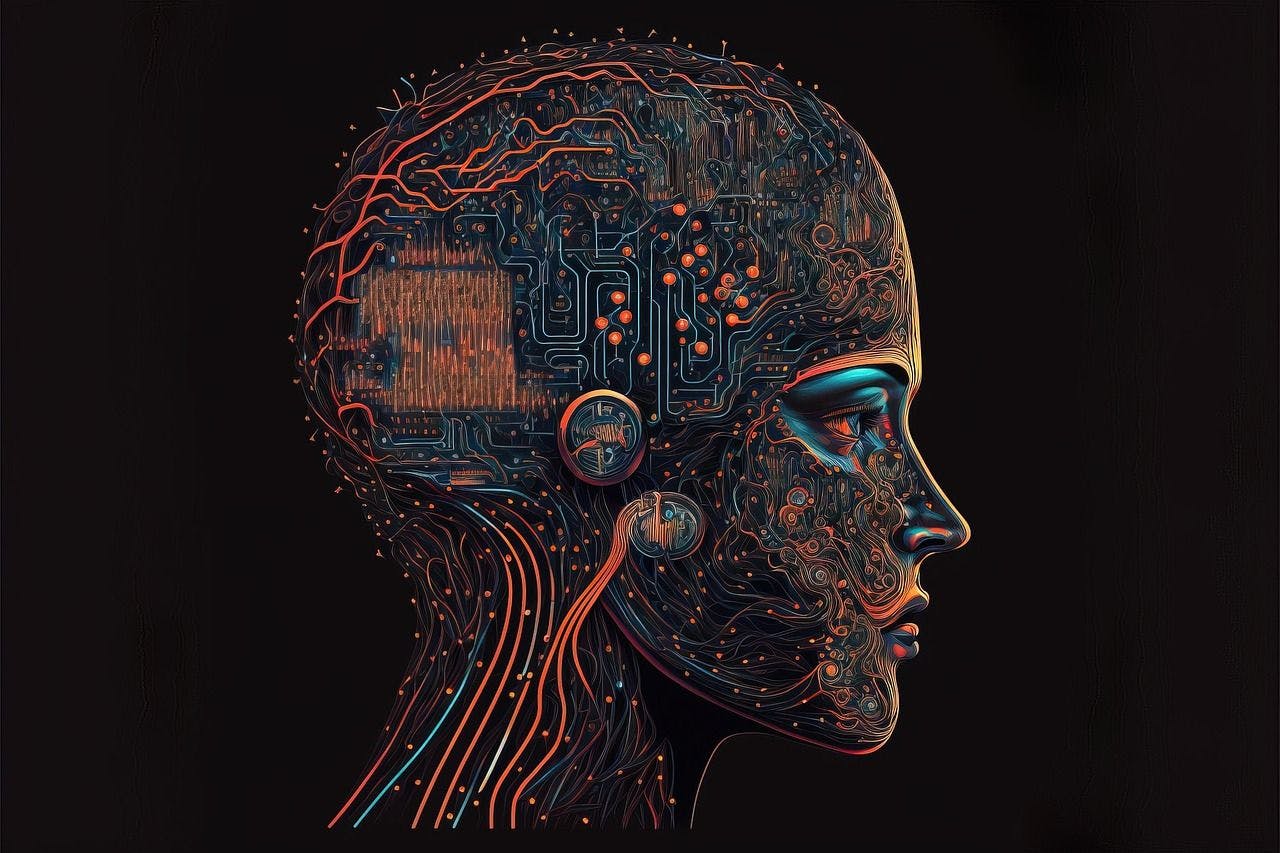Hackernoon
1M
296

Image Credit: Hackernoon
Skeptical Engineer Tries AI Coding Agent, Walks Away a Believer
- The pace of programming is swiftly evolving, especially with advanced AI tools like LLMs and agents becoming more prevalent.
- Initially skeptical of agent engineering, the author's perspective shifted after trying the stdlib approach which significantly improved results.
- The stdlib approach involves providing detailed rules, specifications, and tasks to a synthetic assistant for execution and iterative refinement.
- The author tested this approach in implementing a circuit-breaking library called brama, achieving success with the agent delivering a fully functional library.
- Learnings from the experiment included the importance of specifying rules clearly to avoid issues like skipped tests and broken implementations.
- Future plans involve refining the agent-assisted development framework, automating execution, and integrating with systems like GitHub for task management.
- The author believes that agent-augmented development will drive significant changes in the programming industry, emphasizing the need for adapting existing processes and skills.
- Embracing this shift is seen as a renaissance in software engineering, where mastering specification articulation and task decomposition will be crucial for engineers.
- The rapid evolution of the programming landscape suggests that businesses and professionals must be prepared to adapt and leverage new methodologies for success.
Read Full Article
17 Likes
For uninterrupted reading, download the app